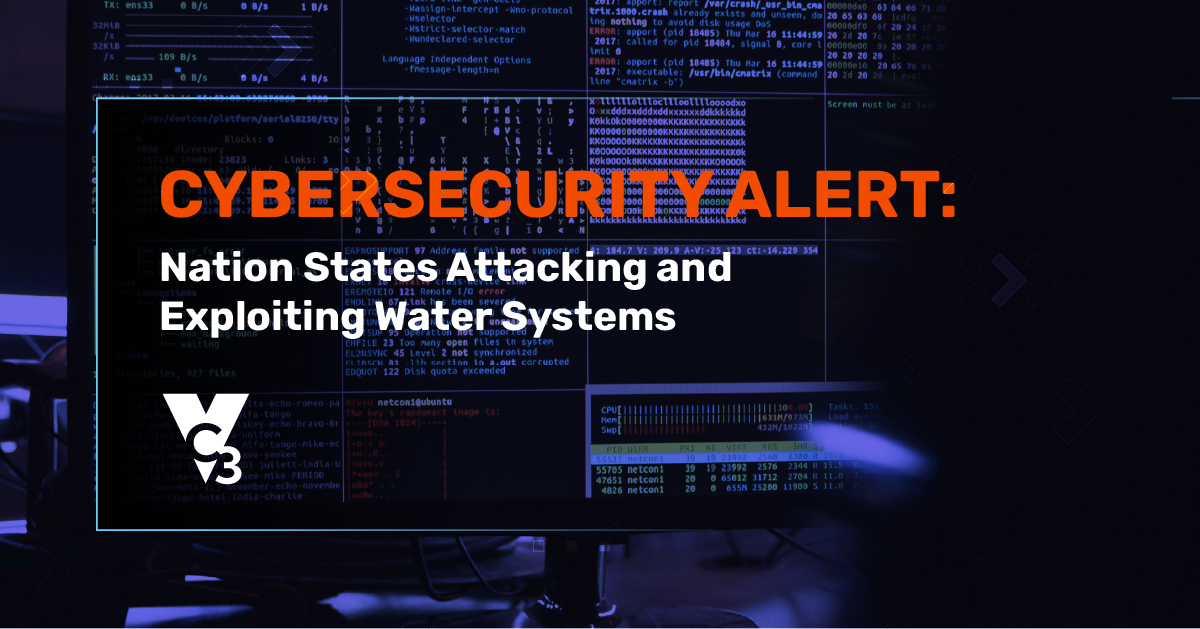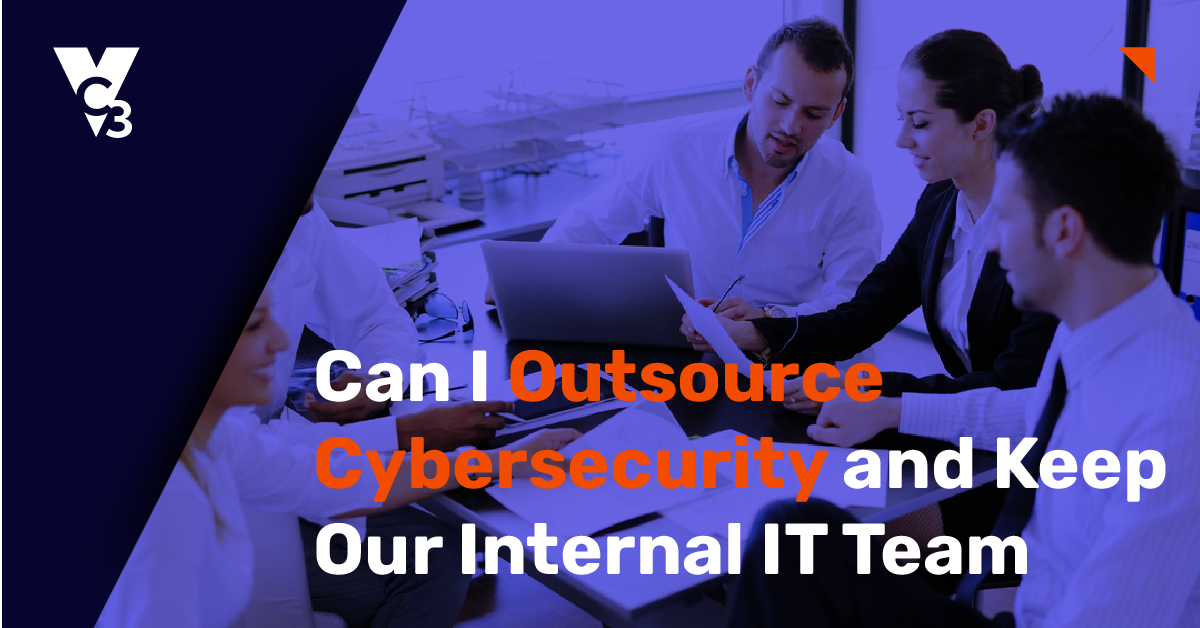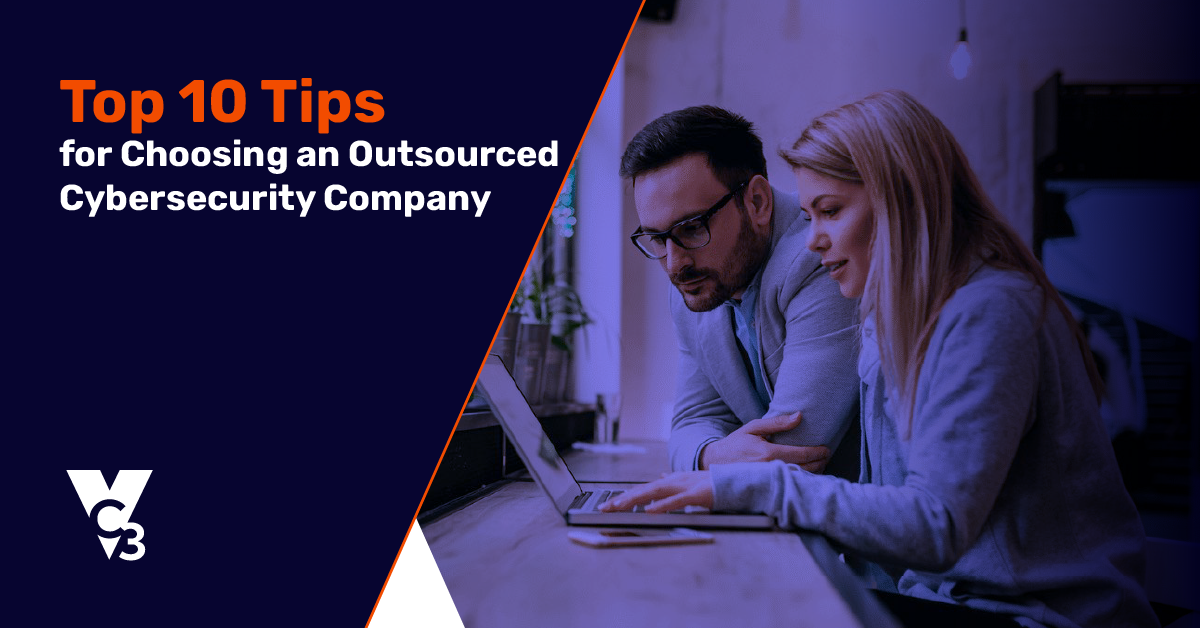The modern world is increasingly smart. Smart devices are everywhere - your home, your work, your travel; everything is connected, and life is more manageable and smoother as a result.
According to Gartner, over 25 billion internet-connected devices are expected to be used worldwide by the end of this year. The Internet of Things (IoT) lets you control every aspect of your life from anywhere -- from home security, environment, appliances, and entertainment.
But while smart devices are undeniably convenient, they also come with certain problems. One area in particular where they aren’t always so smart is when it comes to security.
While most organizations and individuals are well aware of the need for cybersecurity when it comes to desktop computers, laptops, work networks, and servers, smart devices often occupy something of a blind spot. But when you think about it, it is obvious. If your refrigerator, TV, speaker system, or even the locks on your front door are all connected to the internet, they can all be hacked. And this can leave you extremely vulnerable.
And the concern isn’t just about the worst-case scenario (although the idea of someone hacking your car mid-journey might be pretty terrifying!). Smart devices collect an enormous amount of information on you as they perform their functions. From log-in credentials to daily habits and even what your voice sounds like, there is a lot of data that canny hackers can extract from smart devices that can be monetized and weaponized.
This all might sound pretty scary. And it is definitely worth taking seriously! But thankfully, there are a bunch of basic steps we can take when it comes to smart devices that can make a big difference to how safe they are and a few more significant security lessons to learn as well.
So read on, and learn how to ensure your smart devices are genuinely as smart as they need to be.
Shop carefully and do your homework
Big-name brands tend to have a better grasp on security needs for smart devices than little-known labels. This might sound obvious, but it is worth stressing. In the world of smart devices, this means that working within the Apple, Google, or Amazon ecosystems is likely to be a safer bet than trying to find value with cheaper devices. It is well worth doing some research into whatever you buy beforehand so you are aware of any existing security or privacy concerns.
Check voice controls
Any device with an assistant function, like Siri, Alexa, or Nest, is automatically in standby mode until you trigger a response with a specific phrase. Speakers and specific voice-activated devices usually include an indicator light to demonstrate that they are listening. It is well worth investigating the voice controls and ‘always-on’ functions of your devices and either turn them off or at least understand what this functionality means.
It is also highly sensible to turn off one-click purchasing when it comes to your voice-activated smart devices. Not only does this avoid accidental purchases, but it means you aren’t storing financial information on your smart network.
Use separate networks
It is well worth setting up a separate network just for your smart devices. This creates an automatic firewall, meaning that even if a smart device is breached, there’s no way hackers can spread throughout your network and vice versa. This is particularly relevant for smart devices in a business context, where bad actors sneaking in through back door vulnerabilities can lead to extremely damaging consequences.
Make sure access is secure
Make sure that accessing your smart devices is as secure as possible. Apple and Google encrypt your data already, but you should use personal encryption as well. Ensure that you change your default passwords to more complex, unique alternatives, and use password managers like Last Pass to make remembering multiple complicated access credentials less of a hassle. Finally, wherever you can, engage multi-factor authentication (MFA).
Check the default settings
Do all of your devices really need to be connected to the internet? Plenty of smart networks let you customize exactly how much web access each device has, so you can choose if every single bulb and thermostat absolutely has to be connected to the wider internet as well as the internal network. It is also worth reviewing default settings carefully so that you know what information your devices are collecting, what is being stored, and who it is being shared with. You should customize privacy settings to only share and keep things that you are totally comfortable with.
Be wary about what you share
As a general rule, it is best not to share personal, confidential, sensitive, or financial information with your smart devices. Very few smart devices really need this sort of data to function correctly, and it just adds a vulnerability to a network already susceptible to breach.
Always update
One of the most important yet most often neglected aspects of digital hygiene is keeping your networks, software, and hardware fully up-to-date. Updates and patches are vital for preventing vulnerabilities, but we are all guilty of kicking the can down the road and taking the ‘remind me later’ option. With smart devices (and all other cybersecurity areas, if we are honest), updating as regularly as possible is key to staying safe and secure.
Smart devices have added an incredible level of convenience to our lives and given us unprecedented control over a remarkable number of aspects of our day-to-day routine. But the Internet of Things brings with it unique security challenges that must be kept in mind. Staying safe online means you need to be smart about your smart devices.
To find out more about smart security, get in touch with VC3. Our cybersecurity experts can talk you through all the issues in detail and help you protect yourself and your business.





